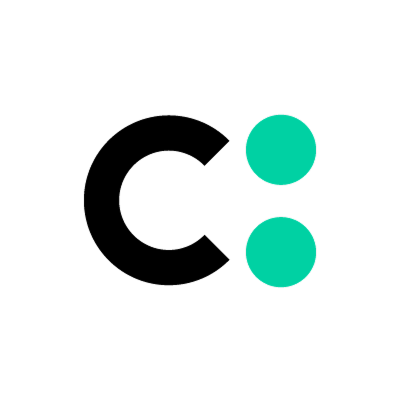The AI-based medical device market is evolving rapidly. Regulation is no longer seen as a barrier—it is becoming a strategic advantage. Notably, South Korea became the first country in the world to enforce the Digital Health Product Act on January 24, 2025. This law reflects Korea’s proactive stance in adapting to a fast-changing medical landscape and the growing influence of digital healthcare technologies.
Coreline Soft, a leading Korean medical AI company with 11 FDA clearances, has recently gained attention for its 3-in-1 diagnostic solution that simultaneously analyzes lung cancer, cardiovascular diseases, and COPD. The company also made early moves to adapt to Korea’s new digital medical law, positioning itself ahead of competitors.
“Now is the most favorable time for institutions, hospitals, and partners looking to connect AI technology to real clinical practice.”
– Hyei Park, Director of Regulatory Innovation at Coreline Soft
Let’s explore why regulation is no longer a barrier—but a critical opportunity—in the Korean AI medical landscape.
Korea's Digital Health Regulation Is Transforming
To support the medical AI industry, Korea enacted the world’s first Digital Health Product Act, designed specifically for rapidly evolving technologies such as AI, robotics, and virtual/augmented reality (VR/AR). This law significantly improves both transparency and speed in the approval process.
It was created in response to long-standing concerns that traditional medical device laws couldn’t keep up with the pace and nature of digital health technologies—which are software-based, rapidly iterated, and non-physical.
The Act enables comprehensive safety and lifecycle oversight through measures like long-term safety plans, cybersecurity standards, and real-world evidence (RWE) integration.
Highlights of Korea’s Digital Health Product Act
1. Definition and Classification of Digital Health Products
The law categorizes digital health products into three groups:
· Digital medical devices (AI, ICT, robotics, etc.)
· Digital-combined pharmaceuticals
· Digital health/wellness support tools
2. Ensuring Safety and Effectiveness
The Act mandates that Korea’s Ministry of Food and Drug Safety (MFDS):
· Create a master safety management plan every 3 years
· Gather expert advisory opinions
· Enforce cybersecurity guidelines to prevent electronic threats
· Use real-world usage data in approval and review processes
[See MFDS guidance on Digital Health Product Act]
Global Shift Toward AI-Driven Lung Cancer Screening
Across the world—including the U.S., Europe, and Asia—lung cancer screening is being institutionalized through national programs, especially for high-risk populations. LDCT (Low Dose Chest CT) screening has been clinically proven to reduce mortality, leading countries to incorporate it into their official screening guidelines:
· The U.S. has formalized reimbursement through USPSTF and CMS
· The EU issued a lung screening roadmap in 2022
· Taiwan, Japan, and China are rapidly expanding pilot programs
AI-powered LDCT tools are emerging as essential technologies—enhancing accuracy, reproducibility, and efficiency in image interpretation. With functionalities such as nodule detection, Lung-RADS classification, risk prediction, and longitudinal CT comparison, these tools augment clinical judgment and standardize diagnostics.
This isn’t just a healthcare policy shift—it’s a structural opportunity for AI medical devices to demonstrate real-world utility and become embedded in national healthcare infrastructure. Coreline Soft’s precision-driven lung screening solution is a leading example of this transformation.
From Treatment to Prevention: A Paradigm Shift
Global healthcare systems are shifting from treatment-centric models toward early detection and prevention. This is driven by aging populations, chronic disease prevalence, and growing strain on medical personnel. AI-based diagnostic solutions play a vital role in this transition—helping optimize resource allocation, improve access to early care, and ultimately reduce long-term medical costs. This shift also requires alignment with reimbursement policies and government procurement systems. To scale preventive diagnostics, AI medical devices must expand beyond hospitals to screening centers, primary care clinics, and community health systems.
Prevention isn’t just a clinical goal—it’s a policy and infrastructure challenge, and AI is the enabler of this new paradigm.
How Coreline Soft Sees the Opportunity
So how does Hyei Park, Director of Regulatory Innovation at Coreline Soft, view this challenge?
She doesn’t see regulation as a barrier—but as a gateway to trust and a competitive advantage in global markets. Coreline Soft’s strategy has gone beyond approval; it has built a foundation of clinical, technical, and regulatory credibility.
[Read the full interview (THE BIO): “Korea Pioneers Global Digital Health Law—Regulatory Innovation Creates Opportunity for AI”]



 List
List

